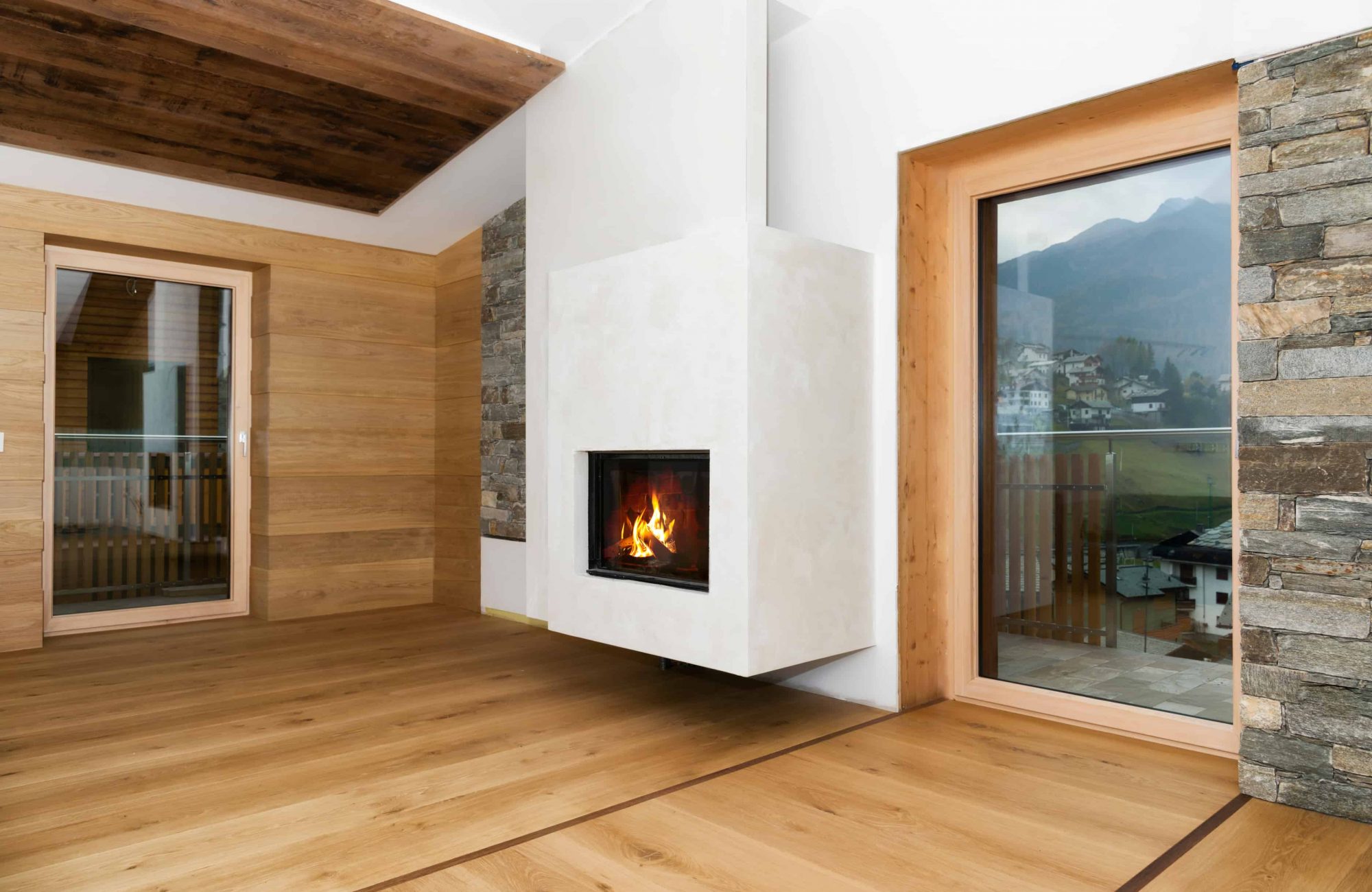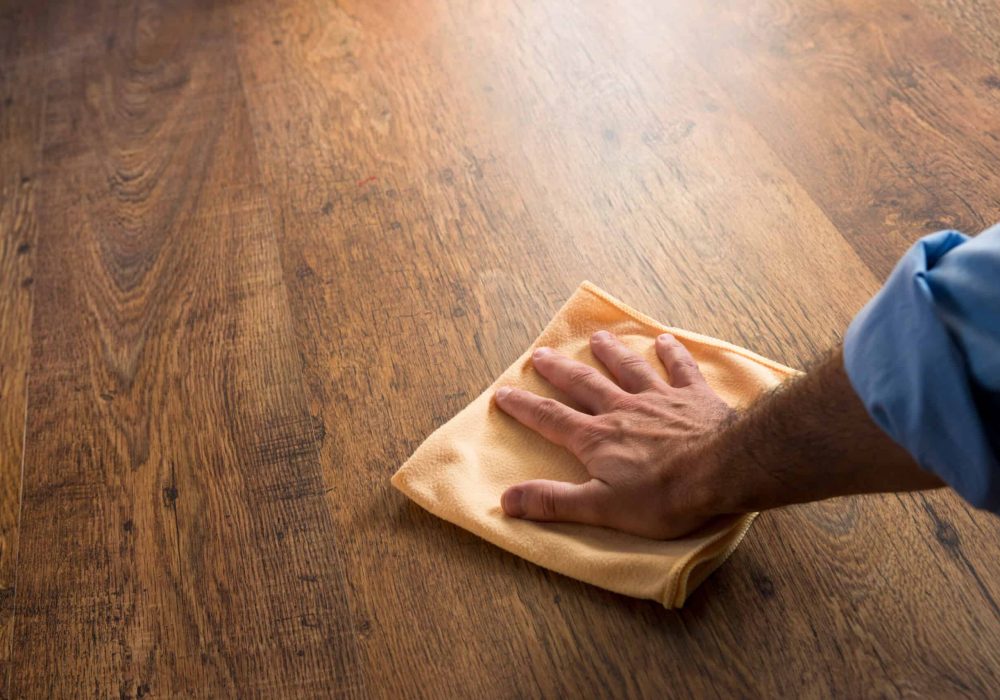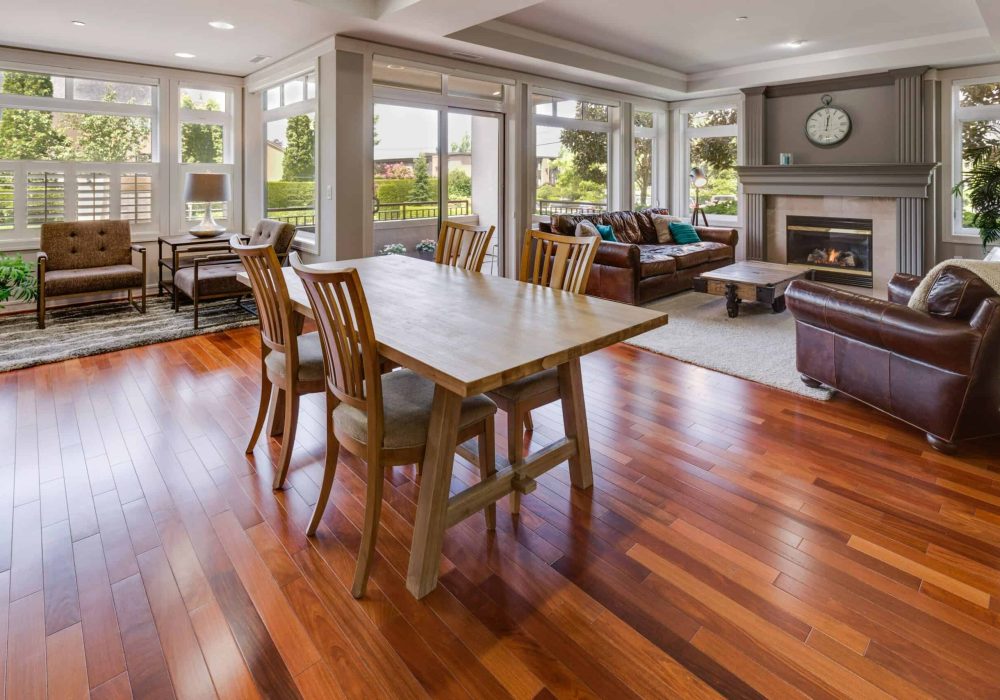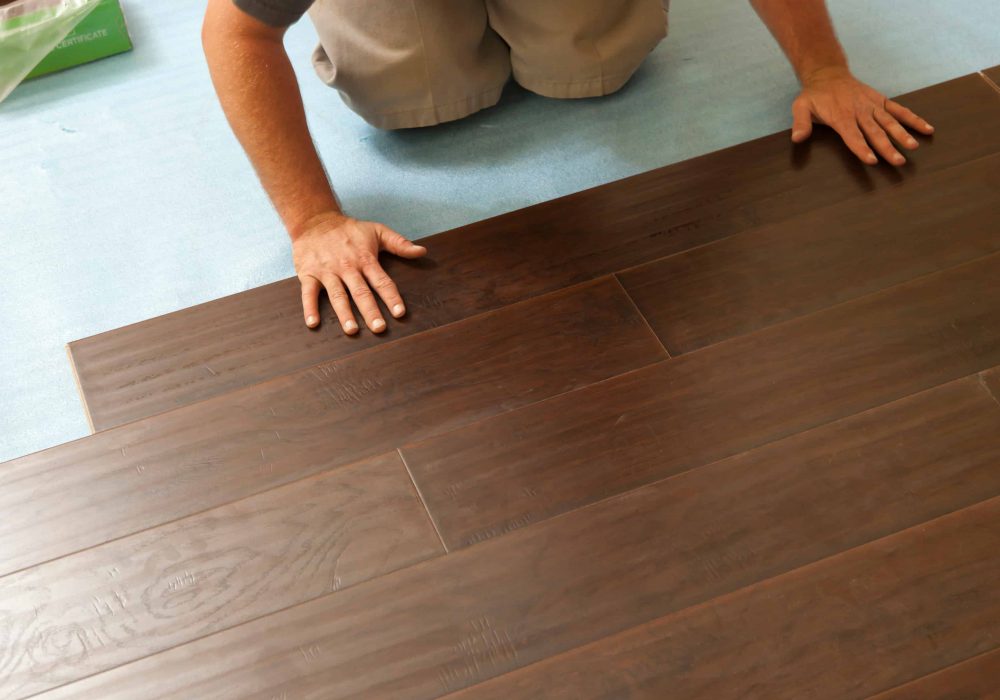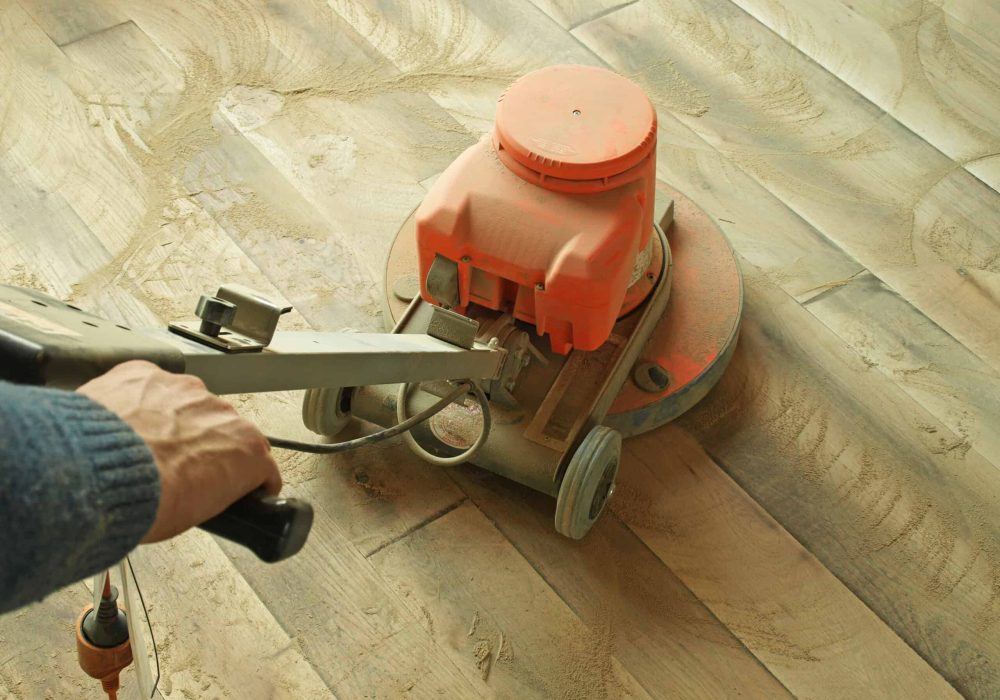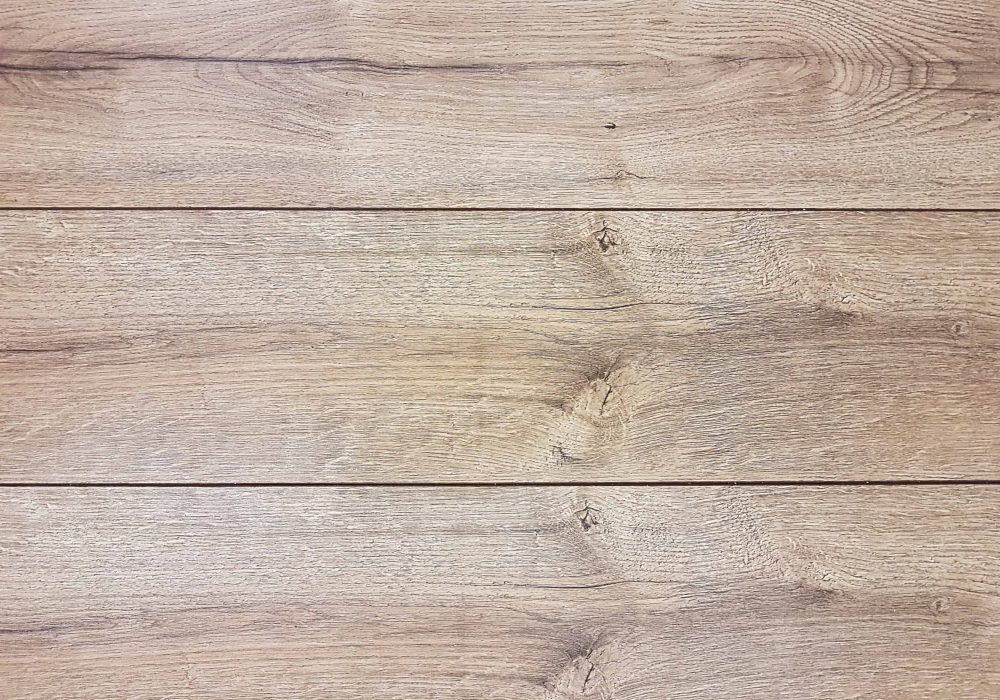Beautiful flooring does not have to come at the cost of the environment. Lowering your carbon footprint starts right under your feet in your home. Opting for non-synthetic flooring like responsibly sourced, recyclable, biodegradable hardwood is an excellent place to start.
Choosing your flooring – it’s one of the biggest decisions you’ll make as your build (or renovate) your home. Your flooring will end up covering more space than nearly any other material in your home. What you choose matters, and not just for aesthetics!
In recent decades, responsible homeowners have become increasingly conscious of the need to build beautiful homes without sacrificing the interests of our planet.
Here at Denver Dustless, we combine our love for the earth with our desire to help you achieve the home of your dreams. We’re here to help you make sustainable (yet stunning!) flooring choices for your build or remodel.
Lowering Your Carbon Footprint – Wood Floors
Your flooring choice will make a massive impact on the overall design of your home. Another consideration is the fact that your decision on what material to use for floor covering will impact the environment.
This may seem like a subtle factor in your decision making process, since the consequences may not be readily felt on a personal level, but just think of the environmental implications of millions of homeowners every year opting for unsustainable flooring. The eventual ramifications would be significant, and to say the least, dismal.
Being a homeowner comes with the special responsibility of maintaining a low carbon footprint. A huge point to consider is the sustainability of your flooring choice.
Hardwood flooring is not only one of the biggest current design trends for style, but also eco-friendliness.
An important fact:
Investing in sustainable hardwood flooring increases the value of your home while decreasing your carbon footprint. It’s a win/win situation.
Hardwood Floors – More Than Just Recyclable
Wood is one of the most ‘green’ flooring options imaginable, and it’s not just because wood is completely recyclable. The eco-friendliness of wood flooring is also found in its manufacturing, reusability, and longevity.
Manufacturing Wood Floors
Denver Dustless is committed to selecting materials that are not just responsibly sourced, but also efficiently manufactured.
When you consider other flooring options such as laminate, carpet, and tile, their environmental impact is far heavier than that of wood. Carpet, for example, is made of nearly 100% synthetic material, which cannot be recycled, doesn’t last more than a decade, and eventually ends up in landfills. The production of such floor coverings uses harmful chemicals and results in waste of materials and energy.
On the other hand, manufacturing wood flooring equates to very little waste. Why? Due to excellent waste management options for wood, manufacturers end up putting about 99% of each harvested tree to use. This careful use of precious resources is accomplished through strategies such as using wood chips and saw dust to make paper or composites, as well as burning excess wood to create ‘clean’ bio-energy.
Reusability and Longevity of Hardwood
Hardwood floors have unmatched resilience. They can last an entire century and still look gorgeous. Their durable timelessness makes them an environmentally friendly option.
Other flooring options (even stone) can easily crack, stain, or show other signs of wear, resulting in eventual replacement. Alternatively, hardwood (while not indestructible) can easily be refinished over the years to bring back the ‘brand new’ look. Any bumps or nicks only end up adding character to the flooring.
Here’s a sustainable style tip:
Hardwood can be re-used! One of the MOST popular trends in flooring right now is using reclaimed wood. Your newly renovated community high-school’s old gym floor could become the highlight of your new home. In 100 years, your hardwood floors could be converted into the ‘accent wall’ or the coffee table in your grand-kids’ living room.
When you invest in hardwood, it will stay in your family for generations without having to use up more of the earth’s resources.
Does Hardwood Flooring Equate to Deforestation?
Myth:
Hardwood flooring causes deforestation because hard wood comes from cutting down trees.
Reality:
According to the USDA Forest Service, an average of 1.66 cubic feet of trees are replanted for every 1 cubic foot of trees that are harvested. This is to ensure that the growth rate is higher than the harvest rate. Currently, there is enough supply to last a century, which gives newly replanted trees the time they need to reach maturity.
While deforestation remains a serious threat to the environment, many regulations are being put in place to enforce sustainability for natural resources as a top priority. One way to support eco-friendly choices is by opting for flooring from companies that source their hardwoods responsibly.
Save the Forest! – Choose Denver Dustless Hardwood
At Denver Dustless, we pride ourselves on championing sustainable flooring. We choose Forest Steward Counci (FSC) certified hardwoods, so you can rest easy knowing that your gorgeous home did not come at the cost of the forest. FSC certification is the gold standard for hardwood flooring, requiring tree harvesters to meet 57 lofty criteria in an effort to protect natural resources and habitats. They currently recognize over 100 million acres of certified land in the United States and Canada alone.
Team up with Denver Dustless and we’ll work together to outfit your home with the most elegant and environmentally responsible flooring on the market.
Get in touch with Denver Dustless today to learn more about our eco-friendly flooring options!

